Editorials
– Resalat newspaper evaluates the performance of Rouhani’s government elites and their inability to interact with people
– Arman newspaper discusses the upcoming elections and the necessity of Rouhani’s winning
News
– First VP’s advisor warns of an environmental crisis to hit Iran in the next two decades
– The International Health Organization clarifies the reasons for Iranians committing suicide
– The Algerian Foreign Minister to visit Iran in the near future
– Parliamentary calls for investigating the Minister of Intelligence concerning a secret visit to Iran by an American Democratic Senator.
– The Iranian nuclear commission asks for materials to provide the IAEA with more information.
![]()
Resalat newspaper
Rouhani condemned for lacking popular touch
An editorial in Sunday’s Resalat newspaper criticizes the Rouhani government’s inability to communicate with the masses. The editorialist says that this has been a weak spot of the Rouhani government throughout the three years of his rule, in contrast to his predecessor Ahmadinejad, who was widely popular, regularly holding public conferences and seminars in cities, towns and villages across Iran, including its remote areas. Rouhani, meanwhile, depends on his popularity among urbanites in Tehran and other major cities but has fewer supporters in remote, poor areas while conservatives have built up a strong rapport with the local people.
The editorial says that this failure to build a positive relationship with Iran’s working class will have a negative impact on Rouhani’s results in the next year’s elections, with his administration failing to consult with or explain its positions to the majority of the population, creating thousands of questions among the people but failing to answer them and leading to public disappointment in Rouhani’s performance. This point is increasingly a focus of the Rouhani government’s critics, who accuse the administration of betrayal due to not being aware of what the government is doing, the writer adds.
By contrast, the editorial continues, Ahmadinejad’s regular public meetings and his interactions with the people showed his far greater understanding and ability to relate to the people, showing a massive superiority in this area. Rouhani, meanwhile, seems to think that the people should accept whatever he says with no need to consult them or discuss his policies, leaving countless questions unanswered, such as what is the final outcome of the debate on cash support and energy price; where are the promised steps to combat rising prices and escape economic recession; and when will there be action over astronomical salaries for government officials, not to mention over corruption involving shady real estate deals and bribes? Other issues, which the people feel, they deserve consultation on and answers to are the points attached to the nuclear deal, the wildly fluctuating stock market, the government’s agreements with Boeing over Airbus and with France’s Peugeot vehicle manufacturers, and the final decisions over recent petroleum agreements.
The editorialist says that one can see the difficulty in modifying the Rouhani administration’s position on its dealings with the people in the last few months before the presidential election, adding that the Rouhani administration has clearly followed the example of the earlier Rafsanjani administration.
Rafsanjani, the editorialist adds, believed in Samuel Huntingdon’s dictum that there should be as much dictatorship as possible in the management of the development of nations seeking to undergo an economic transformation. The Rouhani administration, however, exercises the same policy with the added disadvantage of not informing people of the details of the government’s performance, viewing the concept of informing the people as a kind of cheap populism that is inconsistent with its elitist approach. The editorial asks why it is that so many of the elite suffer from such a hostile relationship with the populace once they climb the social ladder.
The editorial concludes that the main problem of Rouhani’s government is that it has not only imposed a state of uncertainty about many issues but has also introduced ideological strategies for tackling and remedying the nation’s problems in a manner that every ordinary citizen finds difficult to understand.
Arman newspaper:
Iran’s interests lie in Rouhani winning a second term
An editorial in Sunday’s Arman newspaper in an editorial today calls for voters to give Rouhani a chance to implement the programs which he promised to introduce in his second term in the same way as they did for all the former presidents elected in the Islamic Republic of Iran, such as Khamenei, Rafsanjani, Khatami, and Ahmadinejad. Mentioning the Rouhani administration’s success in reducing Iran’s inflation rate and increasing the country’s growth rate, the editorial says that this has transformed Iran from a country lambasted in international forums to one, which demands its rightful place. In the field of healthcare, it adds, Rouhani’s government has achieved a number of successes, including increasing the ratio of those provided with insurance cover. This comes after patients during the Ahmadinejad era had to pay 70 percent of their treatment costs, while also being responsible for 30 percent of the health insurance costs. In contrast, patients in urban areas now pay 6 percent of the treatment costs, while the health insurance cover takes care of the other 94 percent.
In rural areas, the rates are even more impressive, the editorial states, with patients paying 3 percent while the health insurance payments cover the remaining 97 percent, with the Rouhani administration managing to extend full free health insurance cover to over 11 million more citizens, meaning that they can receive treatment free of charge.
Even in the field of money and banking, it continues, Rouhani has reduced interest rates, which soared to over 30 percent during the Ahmadinejad era due to inflation, with interest rates now less than 18 percent and forecast to fall further to under 10 percent in the manufacturing sector by the end of the this year for the first time in 35 years. The people are also no longer paying tax on wheat imports, and for the first time in 60 years, Iran has achieved a surplus in its trade balance amounting to $930 million.
This optimistic view put forward by the Arman newspaper fails to mention the weaknesses and shortcomings of the Rouhani government which conservatives are focusing on in the run-up to next year’s election, and we will not anticipate the outcome between the ‘moderates’ and ‘reformists’ until the presidential election next May.
Iran newspaper:
Rouhani’s Agenda in New York
The Iran newspaper’s Sunday editorial focused on Rouhani’s dealings with other member states of the Non-Aligned Movement (NAM) organization and the United Nations General Assembly. Explaining that Rouhani is set to hand over the rotating leadership of the Non-Aligned Movement to Venezuela, the editorialist said that Iran has benefitted from the organization’s support for its bargaining position with Western countries concerning the nuclear agreement and must now take further advantage of its membership over ensuring the implementation of the US’ commitments concerning the deal . The editorial states that Iran must convince the members of the organization that the continuation of some of the sanctions is hampering Iran in its efforts to serve and help in developing the NAM, and elicit their support. The editorialist points out that Iran is set to submit a proposal to study the establishment of a ‘human rights center’ as part of its work with the NAM and is also involved in planning educational programs for the member states of the Organization.
It is clear that Iran wants to use the NAM’s support in the face of international pressure over its human rights violations. With the United Nations General Assembly session opening shortly, however, the editorial states, the primary task for Rouhani should be to focus on the need to implement all the terms of the nuclear agreement without delay, through his meetings with world leaders.
Indeed, the editorial concludes, the overseas activities of the Rouhani administration, both by Rouhani himself and by Iran’s Foreign Minister Javad Zarif, have resulted in significant progress and gains in recent months, despite the Iranian opposition’s campaigns to raise awareness of the regime’s crimes, including arrests and executions of dissidents, and arrests of dual nationals, which have cast a shadow over Iranian-Western relations and thwarted them to a minor degree.
![]()
♦ Warnings of a water crisis in the next 25 years
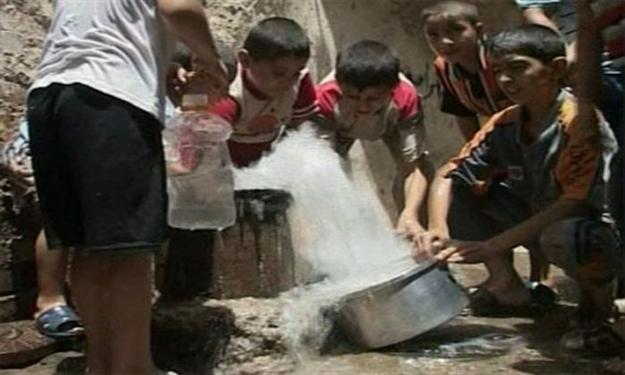
The first VP’s advisor for water, agriculture, and environment, Issa Kalantari has warned that the sixth program will not prevent a national crisis in case the current situation of water consumption in agriculture continues. In less than 25 years south and west Iran will be completely empty of their citizens, and 50 million Iranians will leave the country in less than 30 years, Kalantari said, stressing on protecting water resources in East Zagros and South Alberz up to southern and eastern borders in order to prevent their citizens from migration.
On the other hand, Klantry stated that north Iran is crowded and cannot receive more people because of its mountainous geography and smaller size of plain lands, noting that if all components of the society do not take action to stop this water crisis, Iran will be facing the problem of drought in less than 25 years, and all efforts of the government will go to the sideway.
Source: Etilat Newspaper
♦ New banking talks between Iran and the Netherlands
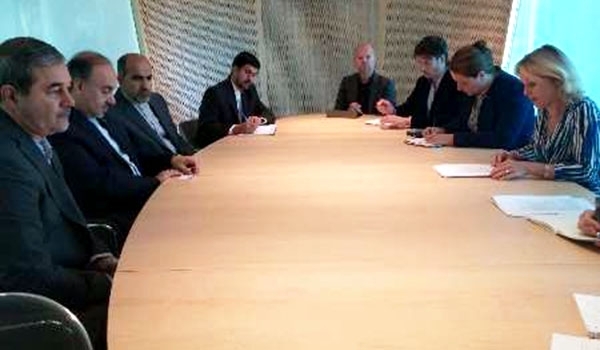
Iran’s ambassador to the Netherlands, Ali Reza Jahangiri has met the Netherlands Central Bank governor, Klaas Knot, In Hague city in the Netherlands, negotiating over innovative ways to resolve the problem of banking and monetary transfers between the two countries. During the meeting, it was decided to discuss these issues between the Netherlands Central Bank officials and their Iranian counterparts in an upcoming meeting on the sidelines of the International Monetary Fund Summit.
Source: Abrar Eghtesadi Newspaper
♦ Sadiq Larigani: The Guardian Council has to prevent opponents of the Theocratic government from participation in the elections
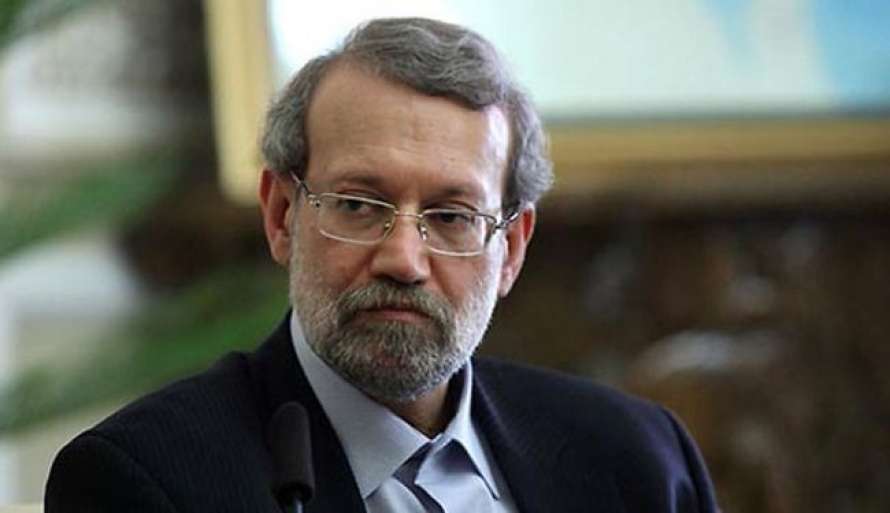
Head of Judicial Authority, Sadiq Larigani called the Guardian Council to prevent opponents of the theocratic government from participation in the elections. They make lies and rumors in order to assume a position in the government, he said. In a meeting with a group of revolutionary guards commanders Saturday morning Larigani asserted that these people do not recognize the constitution that enforces the principles of Tawheed, Imamate, and Justice.
As a former member of the Guardian Council, Larigani said, “The Council has to enforce the principles of the constitution and stop those who make lies in order to assume a position,” asserting that the belief of attributing all economic solutions to the devil violates the Leader’s calls for self-sufficiency.
What is noticeable about this meeting is that it was attended by senior officers and commanders of the revolutionary guards who are accused of interfering in the elections under the excuse of protecting the revolution.
Source: ISNA Agency and Farda Radio Site
♦ Iran’s exports of oil to India have made a record

The Iranian oil exportation to India amounted to 576 thousand barrels per day last August, which the highest amount in the last fifteen years. Before the sanctions, Iran was ranked second in exporting oil India and now seeks to regain this market share from its competitors. It is noteworthy that Iraq replaced Iran in oil exportation to India during the sanctions.
Source: Tegarat Newspaper
♦ Bad situations in the addicted women treatment camps
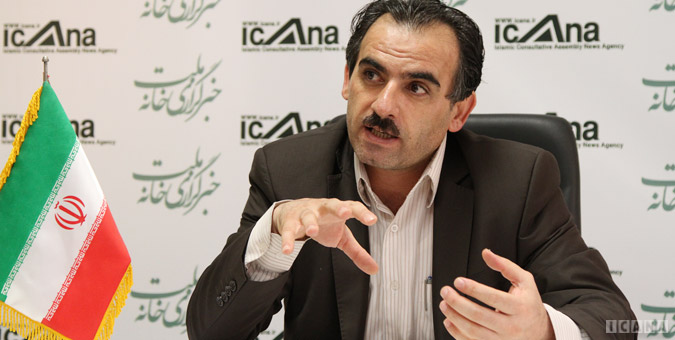
Member of the Iranian parliamentary committee, Rasool Khadri, criticized the addicted women treatment camps in Iran, saying that they are inappropriate and lack a simple health, treatment, rehabilitation, and performance standards on all levels. Statistics showed that addiction is roaring in Iran, especially among women and young people, as stated by Khodari.
Source: Arman Newspaper
♦ Depression, Radio, and TV: main reasons for suicide in Iran
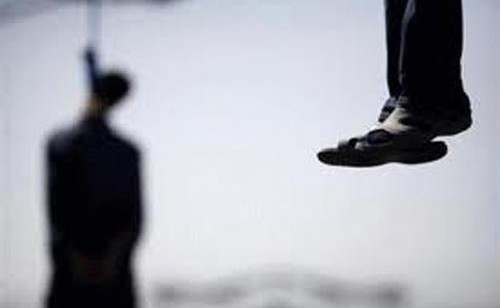
More than 90% of people committing suicide have psychological problems because of the news they see and hear on TV and radio that only broadcast death and depression. Statistics of the International Health Organization showed that one person commits suicide every 40 seconds in the world, which amount to one million people every year. According to a previous report of this organization, Iran has four thousand and 69 suicide cases this year, representing 11 people a day.
So far, the main reasons for suicide in Iran have not been announced yet. On September 10th, during the international day for eliminating the suicide phenomenon, head of the Social Emergency Center in Iran’s Health Organization, Hussein Assad Beigi said that depression is the main reason for suicide in Iran. Radio and TV only broadcast news of death and killing, wars and crises, which are the main reasons for depression in addition to the economic and social problems, Beigi added.
On the other hand, Beigi urged the Radio and TV to broadcast programs that promote hope and happiness among people to decrease this phenomenon.
Source: Jamaran Site
♦ Iran: if we receive the necessary parts, we will provide the IAEA with more information
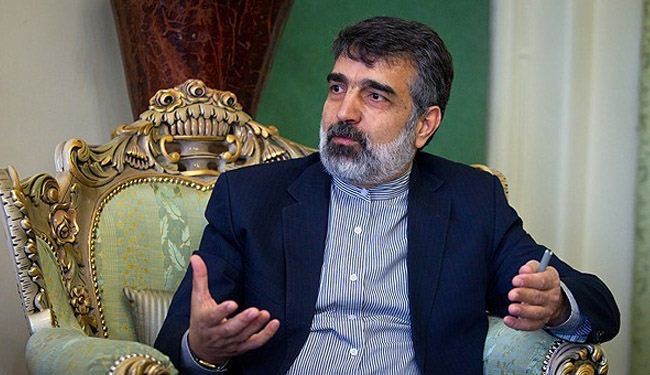
Iran’s Atomic Agency spokesperson, Behrouz Kamalvandi said that, according to the nuclear deal, Iran has provided the IAEA with all information about its nuclear activities, asserting that if Tehran receives the necessary parts for centrifuges, they will provide them with more information. Kamalavandi statement came as a response to the Associated Press report about the EU demand of full details about Iran’s nuclear program. If one or two members of the EU express their opinions, it does not mean they represent the whole European Union, Kamalavandi added.
Source: BBC Site
♦ The arrest of some Iranians in Iraq
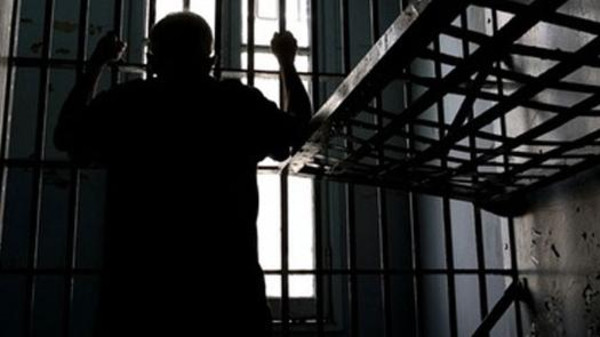
Head of Iran’s Hajj and Omra Organization, Sae’ed Awhadi announced that about six thousand Iranian visitors to Iraq were exposed to fraud and robbery, in addition to the steal of their passports.
As for the Iranian prisoners in Iraq and Saudi Arabia, Awhadi said that there are no Iranian prisoners in the Saudi prisons, noting that there was one Iranian prisoner but was released one month after the end of Hajj season through the efforts of the Foreign Ministry and Visiting and Hajj Organization. Awhadi also explained the reasons for the arrest of Iranian Visitors in Iraq, saying, “We have to respect the Iraqi laws and those who were arrested have violated these laws.”
Source: Jam-e-Jam Newspaper
♦ Investigating the Minister of Intelligence over an American senator’s secret visit to Iran
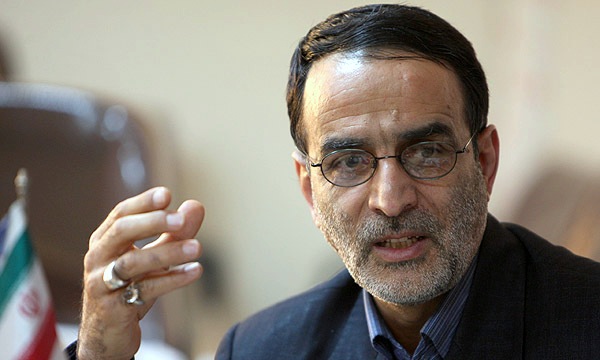
Member of the National Security and Foreign Policy Commission in the Iranian parliament, Mohammed Javad Karimi said he will question the Intelligence Minister, Mahmud Alawi about the secret visit of the American Democratic Senator, James Dabakis to Iran.
Describing the US senator’s visit as part of the Western project to infiltrate into the country, Karimi said that the westerners are attempting to make inroads into Iran by making contact with Science Ministry and Health Ministry. The University of Firdausi held a scientific conference last week with the presence of foreign guests including visitors from the Zionist entity and Jews, Karimi added, urging Iran’s Intelligence Officials to be aware of the hostile plans for infiltration through the two ministries.
Source: Mashreq Site
